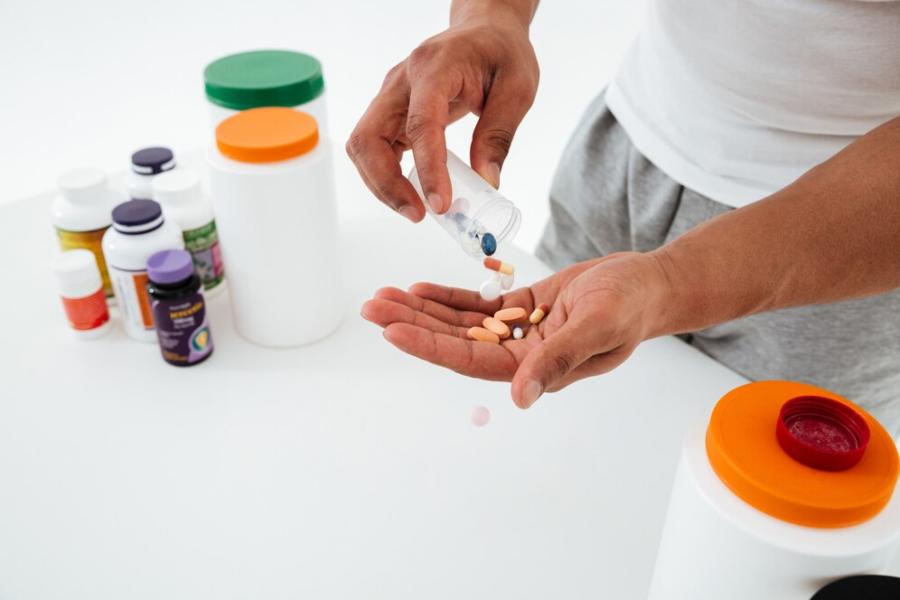In the last 36 years, we have seen the drug problem in America increase significantly, but this does not mean that state and federal governments have failed in their duty to prosecute individuals involved in the illicit drug industry. Most states have some pretty strict laws against drug possession, distribution, and manufacture, with penalties ranging from probation to many years in prison, depending on the severity of the offense. However, an arrest for a drug-related crime does not translate to an automatic conviction, and what you do after an arrest can significantly affect your outcomes. This guide offers tips on what to do when facing drug charges, so keep reading to learn more.
Understand Your Charges
“Understanding your charges is critical in determining the approach you will take in your case,” says Minnesota criminal defense lawyer Omeed Berenjian. Different offenses attract different charges and penalties. Drug-related charges that you could face under Minnesota law include possession, sale, manufacture, and drug paraphernalia-related charges. Offenses such as possession of small amounts of controlled substances or drug paraphernalia attract relatively less severe penalties such as fines, probation, and short jail terms. Conversely, offenses such as possession of large quantities, sale, distribution, and manufacture can attract penalties such as decades in prison and up to $1 million in fines.
Understand Your Rights
The U.S. Constitution guarantees certain rights to individuals facing criminal charges. The most important rights to understand after an arrest include the Fifth Amendment right to remain silent, the right to an attorney, and a speedy jury trial as enshrined in the Sixth Amendment of the American Constitution. Other rights include the right to confront witnesses, protection against double jeopardy, prevention of cruel and unusual punishment, etc. The input of a lawyer becomes critical in helping you understand these rights and how they apply to your case.
Hire a Lawyer
Every American citizen has a right to legal representation when facing a criminal charge. As such, the court must assign a public defender to defendants who cannot afford to hire a lawyer. While using the court-assigned lawyer is far better than going it alone, you may not get the most focused legal representation because of the public defenders’ heavy workload. A private lawyer has the time to give your case their undivided attention, and the outcomes of cases are critical to their reputation. When picking an attorney for your drug charges, go for one whose focus is on drug charges because they will have a better insight into drug laws than a general lawyer. You hire a lawyer because you trust their abilities, so once you have one in your case, it’s wise to follow their lead, but it does not mean you cannot seek out opinions if you are not convinced that they are making the right call.
Gather Evidence
The prosecution has the burden of proof in your case. This does not mean that you will not need to gather evidence. If you have evidence that can help bolster your defense, you may want to preserve it and forward it to your lawyer. Evidence can include text messages, pictures, video footage, audio files, witnesses, etc. Your lawyer may also guide you on the type of evidence to gather and assist in situations where accessing the evidence requires technical legal procedures, for example, when the evidence you need to use in your case is in the hands of a third party.
Knowing What to Do and What Not to Do After a Drug Arrest
Saying too much or waiting too long to act can cost you. Bad advice spreads fast, and panic leads to poor choices. From missed deadlines to missteps with law enforcement, even the smallest of errors can sometimes have major consequences later on. This is why it’s important to learn the common traps so you can steer clear of them from the very start! Stay calm, ask questions, and let your lawyer lead. Knowing what to do and what not to do can significantly shape the outcome of your case!


